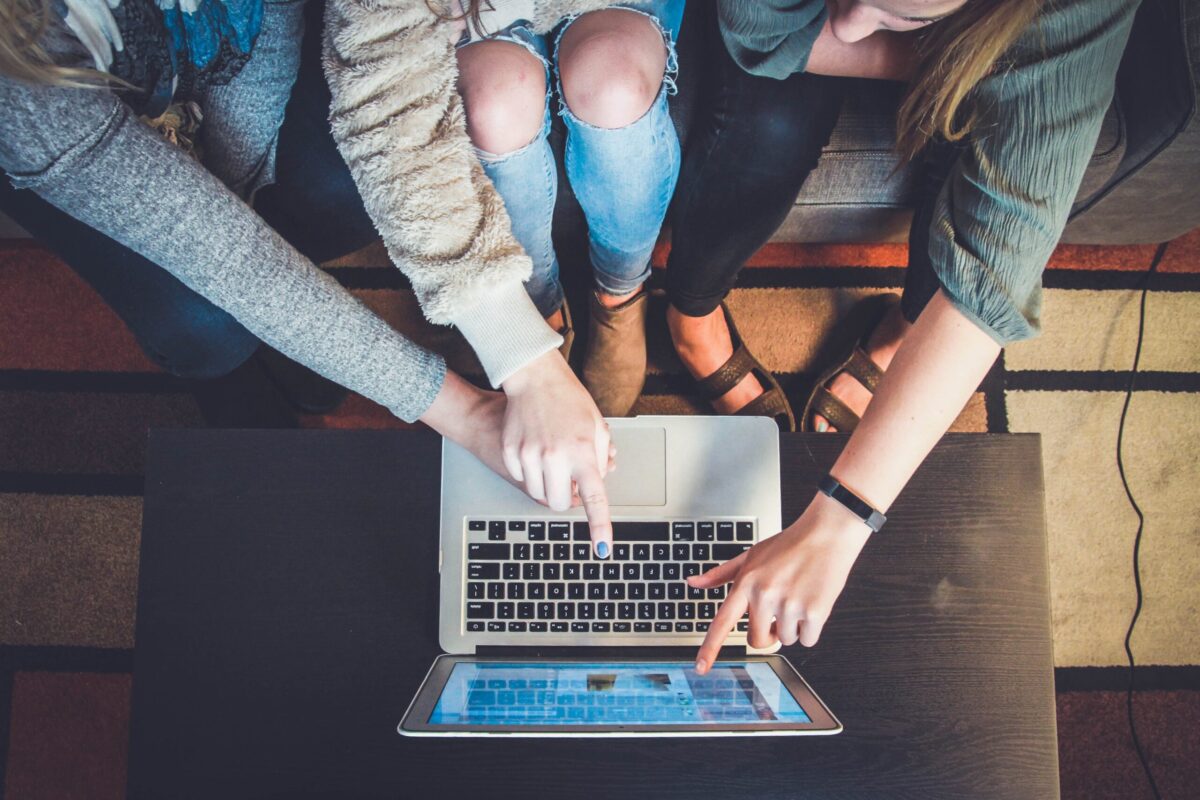Why Coronavirus Action Plan Should Include Psychological Wellbeing

The release of the Government’s #CoronavirusUK Action Plan has led Dr William Van Gordon, Associate Professor of Contemplative Psychology at the @DerbyUni to examine the need for psychological wellbeing strategies to be included in the plan based on a strong argument demonstrating a link between psychological health and immune response.
In addition to monitoring and containment measures, examples of key strategies currently being employed to minimise the negative impact of the coronavirus disease (COVID-19) include promoting good hygiene (e.g.,washing hands regularly and thoroughly with soap and water or alcohol-based hand rubs), social distancing (i.e., keeping at least one metre distance from a person who is coughing or sneezing), and seeking medical advice early via remote means if individuals feel they have contracted or been exposed to the virus (e.g.,such as via dedicated telephone or online coronavirus public healthcare services).
Responses by countries globally to COVID-19 are largely based on what we currently know about the disease, what we know about respiratory diseases that appear to share some similarities with COVID-19, and wider knowledge and evidence relating to best-practice for managing disease outbreaks of this nature and scale. However, given that COVID-19 has only recently been identified, such responses are invariably provided with the caveat that there are still many unknown factors relating to coronavirus and that action plans and advice are subject to change as new insights arise.
Based on the same caveat, there is currently a strong argument for promoting psychological wellbeing strategies as part of the public health response to COVID-19. This is because research conducted over a period of decades demonstrates a link between psychological health and immune response, the latter of which reflects the body’s ability to fend off and respond to infection.
According to the American Psychological Association, if you are stressed or depressed, then “don’t be surprised if you come down with something”. Indeed, research indicates that when we feel stressed or depressed, particularly for periods lasting more than a few days, it can negatively impact the way our immune system responds to infection, making it easier for bacteria and viruses to weaken and harm the body. Such research has been conducted in respect of various different types of infection, including some affecting the respiratory tract such as influenza and some better-known types of coronavirus.
It is important to stress that there is not yet any published research specifically investigating how psychological stress impacts immune response to COVID-19. Nevertheless, based on what we know about how our state of mind influences our immune system and general health, promoting psychological health and psychological wellbeing techniques as part of the wider action plan and response to COVID-19 appears to be a prudent step.
Consequently, as part of minimising the negative impact of COVID-19, from a psychological perspective most people are likely to benefit by staying Calm, Active, Rested, and Mentally simulated:
- Stay Calm: There are various evidence-based techniques that can help with staying calm and relaxed, ranging from meditation and yoga to progressive muscle relaxation (i.e.,tensing and then relaxing groups of muscles in one part of the body at a time).As discussed in my previous post on mindful breathing, purposefully focusing attention on the natural flow of our in-breath and out-breath can also be helpful. Such techniques tend to work best when combined with a general intention to avoid become easily stressed, worried or angry.
- Stay Active: Research indicates that staying physically active is beneficial for both physical and psychological health. Therefore, regulate the amount of time spent engaged in sedentary activities such as watching television or sitting at a computer. As noted in guidelines by the World Health Organisation, don’t forget that physical activity doesn’t always have to take place outside the home environment and can include activities such as gardening and doing household chores.
- Stay Rested: As discussed in my previous post on Five Psychological Tips for Improving Sleep Quality, the amount and quality of sleep we receive can impact our psychological health. Therefore, make sure you get enough sleep each night and take plenty of rest when you need it. The UK’s National Health Service suggests taking time to wind down before going to bed as well as making the bedroom into a sleep friendly area.
- Stay MentallyStimulated: Factors such as boredom and isolation can have a negative impact on our state of mind. There are various healthy ways of staying mentally stimulated, such as reading books, learning new skills, and engaging in hobbies. Social interaction and support are also very important because research shows that loneliness and social isolation can negatively impact our psychological health.











Responses